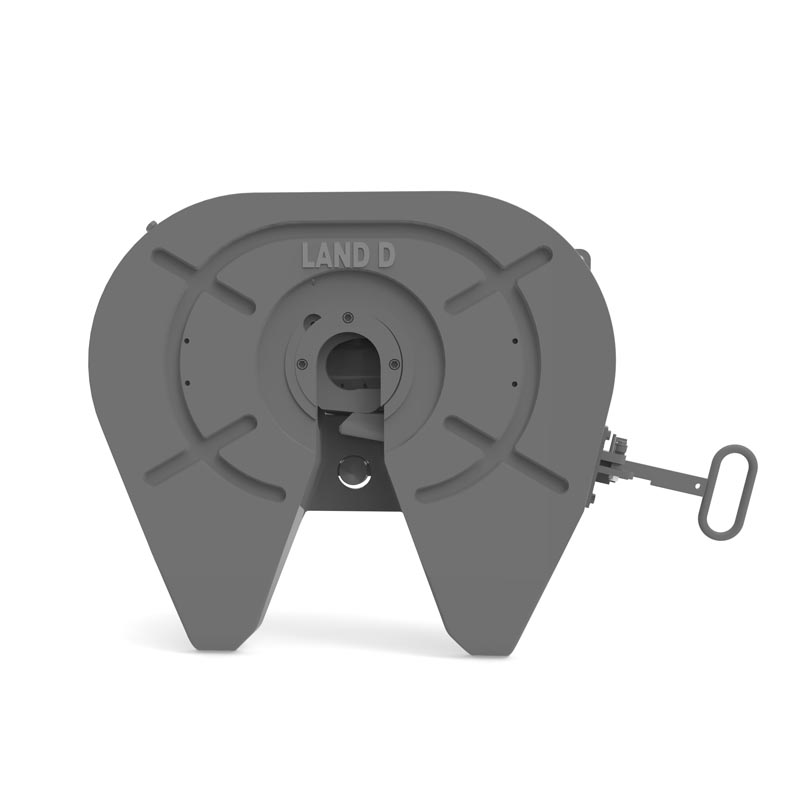Dec . 22, 2024 00:05 Back to list
5th wheel height
Understanding 5th Wheel Height Importance and Considerations
When it comes to towing trailers, particularly in recreational and heavy-duty scenarios, the term 5th wheel often surfaces in discussions about towing setups. The height of the 5th wheel hitch plays a crucial role in determining the effectiveness and safety of a towing arrangement. Understanding the significance of 5th wheel height is essential for anyone looking to tow a trailer, be it for recreational purposes, work, or otherwise. This article delves into what 5th wheel height is, why it matters, and how to determine the right height for your specific needs.
What is a 5th Wheel Hitch?
A 5th wheel hitch is a type of hitch used to connect a trailer to a towing vehicle, typically a truck. Unlike traditional hitch systems, the 5th wheel hitch mounts inside the truck bed, providing a more stable connection between the vehicle and the trailer. This design allows for greater weight distribution, better handling, and improved towing performance. However, to maximize these benefits, it's vital that the 5th wheel height is appropriately set.
The Importance of 5th Wheel Height
1. Towing Stability One of the primary reasons 5th wheel height matters is stability. If the height is too high or too low, it can lead to an unbalanced load, causing swaying or fishtailing while driving. An optimal height ensures that the trailer is level with the tow vehicle, providing better aerodynamics and stability during travel.
2. Clearance Another critical aspect of 5th wheel height is clearance. A properly positioned 5th wheel allows for adequate space between the truck and the trailer, preventing contact during turning. Insufficient clearance can result in damage to both the truck and the trailer, particularly during sharp turns or maneuvering in tight spaces.
3. Weight Distribution The correct height helps distribute the trailer’s weight evenly across the tow vehicle. Poor weight distribution can lead to increased wear and tear on the suspension system, reduced braking efficiency, and potential safety hazards.
4. Towing Capacity Each vehicle has a specified towing capacity, determined in part by the 5th wheel height. An unbalanced or improperly positioned load can exceed the vehicle's capacity, leading to mechanical failures or unsafe driving conditions.
5th wheel height

Determining the Right 5th Wheel Height
To determine the proper 5th wheel height for your towing setup, follow these steps
1. Measure Your Truck Bed Begin by measuring the height of your truck bed. This gives you a baseline for adjustments.
2. Check the Manufacturer’s Recommendations Many truck and trailer manufacturers provide guidelines on the optimal height range for a specific 5th wheel setup. This information can often be found in the owner’s manual or on the manufacturer’s website.
3. Level the Trailer Load your trailer as you would for travel, and then measure the hitch height when the trailer is level. This is your target height for the 5th wheel hitch.
4. Make Adjustments If your hitch is not at the optimal height, consider using adjustable hitch risers or lowering kits to achieve the desired height.
Conclusion
In conclusion, understanding 5th wheel height is essential for safe and effective towing. By ensuring that your 5th wheel hitch is set at the proper height, you can enhance towing stability, ensure adequate clearance, and maintain a balanced weight distribution, all of which contribute to a safer and more enjoyable towing experience. As with any towing setup, it's always beneficial to consult with professionals or experienced users, especially for specific vehicle and trailer combinations. Taking the time to assess and adjust your 5th wheel height can make a significant difference in your overall towing performance.
-
Durable Semi Trailer Kingpin Plate Replacement for Safety
NewsAug.26,2025
-
Germany Type Suspension: Heavy-Duty, Reliable for Trucks & Trailers
NewsAug.25,2025
-
Heavy-Duty 5th Wheel Hitch for Sale - Secure Your Towing!
NewsAug.24,2025
-
Durable Germany Type Suspension for Heavy Duty Trucks & Trailers
NewsAug.23,2025
-
American Type Welding Suspension Series: Strong, Reliable Hooks
NewsAug.22,2025
-
Hezhen 1-3mm Luminous Stone- Shijiazhuang Land Auto Component Ltd.|Durability&High Luminosity
NewsAug.18,2025
